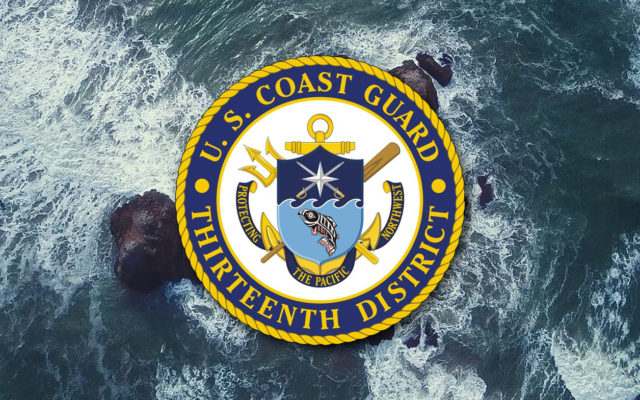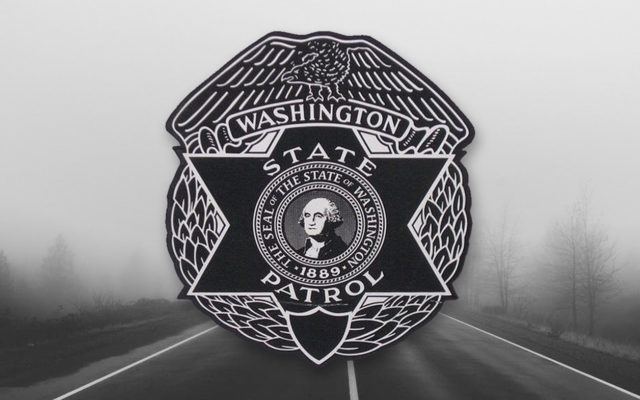Coast Guard halts illegal use of “paper captains” in WA-based tuna fishing operation

The Coast Guard, Customs and Border Protection and National Oceanic and Atmospheric Administration fisheries law enforcement teams announced that they have investigated and ceased the use of illegal foreign nationals on a fleet of commercial tuna fishing vessels that operate out of Washington during the summer months.
In their release, the Coast Guard states that since 2019, they have worked collaboratively with CBP and NOAA agents, and detected eight separate “paper captain” violations operating in the Pacific Northwest.
The term “paper captain” is given to an individual listed on documents as a U.S.-flagged vessel’s captain but in actuality serves as a deckhand or in a similar lower‐level capacity.
It is the law (46 USC §12131) that a documented vessel be under the command of a U.S. citizen.
The Coast Guard states that many fishing vessels have engaged in a pattern and practice of hiring foreign nationals to serve on U.S. commercial fishing vessels in the capacity of captain, while U.S. nationals identified as captains on paper serve in subordinate roles.
Officials add that many of these violations have been supplemented by underlying fraudulent documents designed to avoid detection and mask the illegal operation.
“The employment of a foreign national as captain aboard a U.S.-flagged commercial fishing vessel is illegal,” said Lt. Cmdr. Colin Fogarty, the enforcement chief at Coast Guard Sector Columbia River in Warrenton, Oregon. “The practice of utilizing ‘paper captains’ subverts U.S. laws and regulations designed to protect hard-working American fishermen and mariners.”
Specifically, the conspirators in violation listed the “paper” captain on their Notices of Arrival/Departure submitted to the Coast Guard and CBP, and produced fraudulent fishing agreement contracts to the Coast Guard. Providing fraudulent documents to the Coast Guard or other federal agencies is punishable by imprisonment for up to five years.
Thus far, one Washington-based fishing fleet has paid $9,150 in civil penalties and has been cited for $140,000 in additional penalties still pending adjudication.



